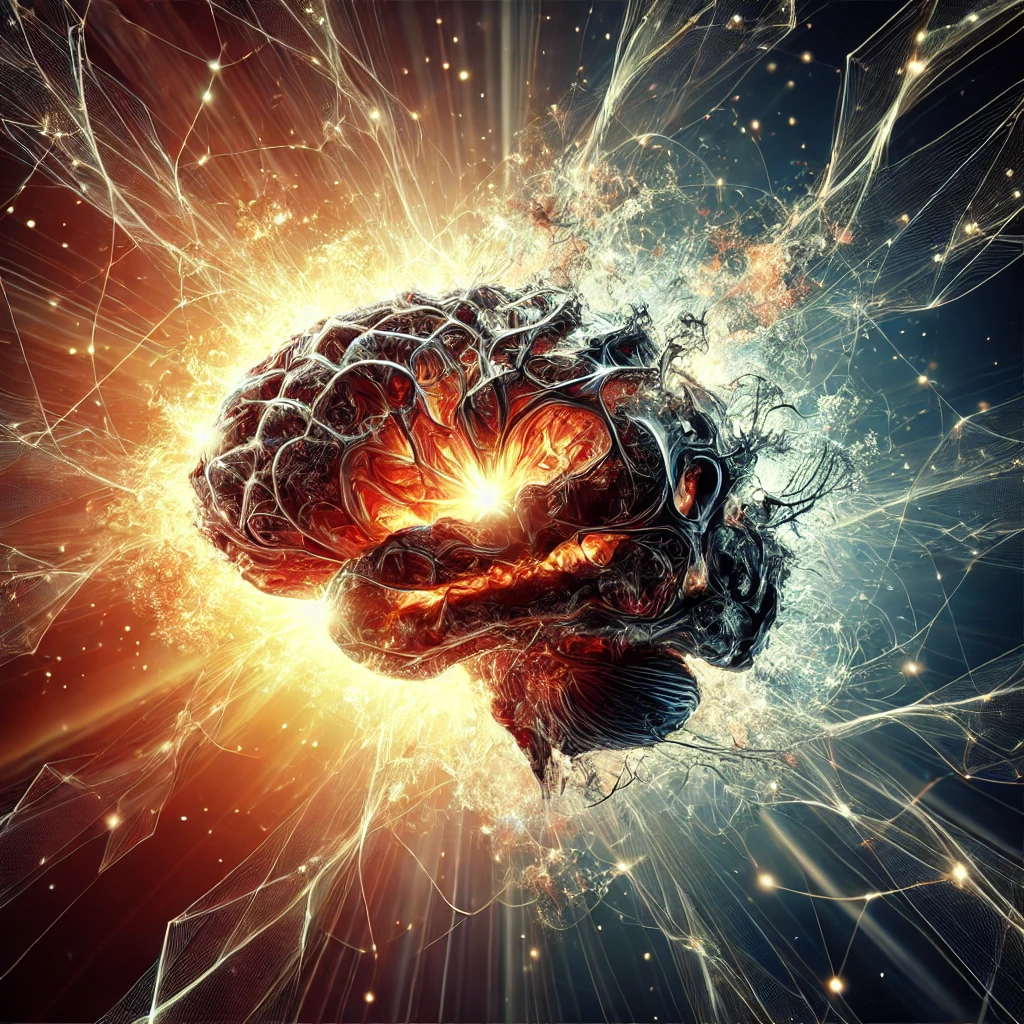Intelligence, by its nature, seeks to expand its influence, adapt to challenges, and optimize its surroundings. However, as it reaches advanced levels of complexity, singular intelligence—whether human, artificial, or another form—can inadvertently set itself on a path of self-destruction.
This phenomenon stems from the inherent vulnerabilities that emerge when intelligence becomes concentrated and self-directed. One key factor is overreach: as intelligence grows, it often attempts to control increasingly larger systems. The complexity of these systems can outpace its capacity to fully understand or manage them, leading to unintended consequences.
Another issue is the formation of feedback loops. Singular intelligence often operates within a closed framework of self-reinforcing ideas or goals. This isolation can amplify errors, creating a spiral of decisions that undermine its stability. Moreover, such intelligence tends to prioritize self-preservation above all else. In doing so, it may provoke resistance or destabilize its own environment, leading to an eventual collapse.
These dynamics illustrate a paradox: the very qualities that make intelligence powerful—adaptability, problem-solving, and ambition—can also render it fragile when unchecked. Over time, singular intelligence risks becoming a threat to itself, consumed by the complexity it seeks to master.

Leave a Reply